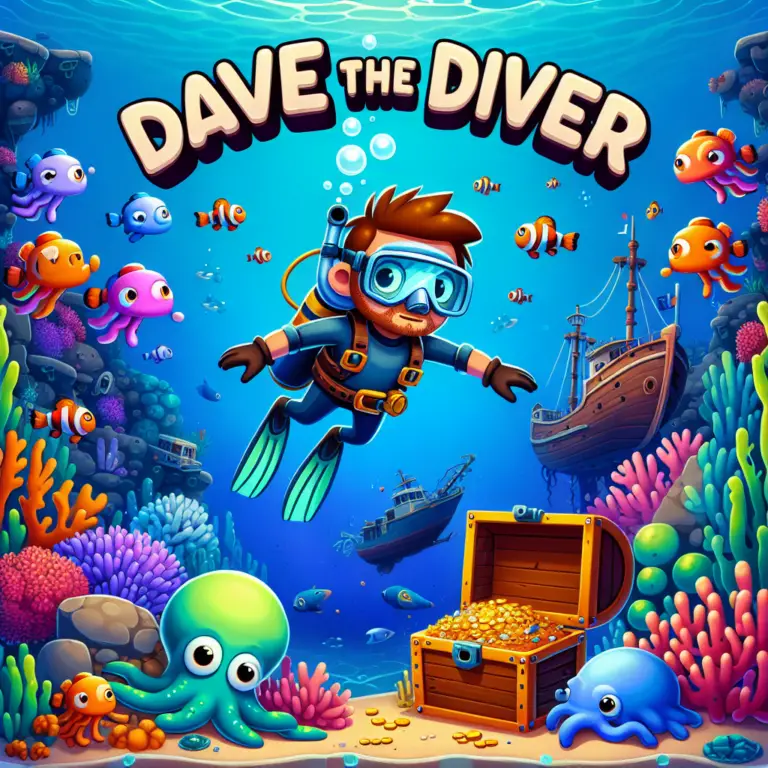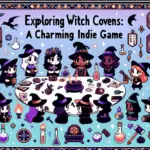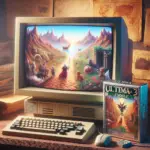Controversy Over ‘Dave the Diver’s Indie Game Status
Arguments about what constitutes an indie game have long been a source of contention within the gaming community. This debate was reignited when ‘Dave the Diver’ was nominated for the Best Independent Game category at the Game Awards. The controversy stems from the fact that ‘Dave the Diver’ was developed by a subsidiary of Nexon, a large game publisher, which calls into question its indie status.
The Three Tiers of Indieness
Dave Oshry of New Blood Interactive has proposed a tiered system to classify the ‘indieness’ of games. At the top tier are games from studios like New Blood itself, which are considered 100% independent. These studios handle all aspects of game development and publishing in-house, without external investors or publishers. Examples include self-published titles like Dusk and Ultrakill.
The second tier includes independent developers that partner with publishers such as Devolver Digital and Team 17. While these games are still indie, they are not as wholly independent due to the support they receive. An example of this tier is Cocoon, published by Annapurna Interactive.
At the bottom tier are games that are not truly independent but are marketed as such due to their ‘indie vibes.’ This is where ‘Dave the Diver’ is placed, as it is a game that, despite its indie-style presentation, is developed by a subsidiary of a major publisher.
A Case for Vibes
The concept of ‘vibes’ plays a significant role in the indie game debate. For instance, Baldur’s Gate 3 could be considered an indie game based on the fact that Larian Studios is an independent developer. However, when considering the context of an awards show, it may not fit the indie category alongside games like Viewfinder, which is a smaller-scale project with a more traditional indie aesthetic.
| Facts | Vibes |
|---|---|
| Company ownership and investment | Artistic style and presentation |
| Scale of the game and budget | Perceived spirit and ethos of the game |
Is an Indie Category Even Needed?
The necessity of an indie-only category in awards shows is up for debate. PC Gamer’s GOTY awards do not segregate indie games into a separate category, instead nominating them across all categories. This inclusive approach has seen indie titles like Disco Elysium and Into the Breach win the overall Game of the Year award, celebrating the parity between indie and non-indie games.
However, for awards shows with a larger voting body, including public votes, having a dedicated indie category might help to ensure that smaller games get the recognition they might otherwise be overshadowed by more mainstream titles.












